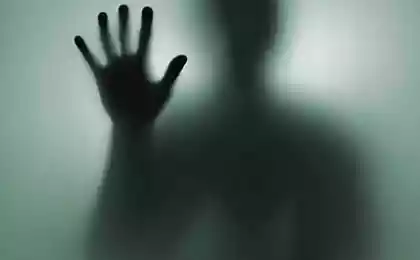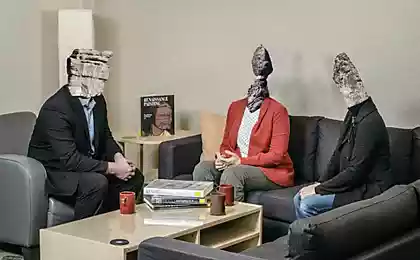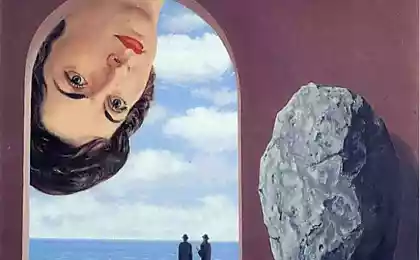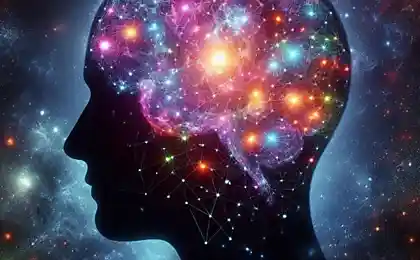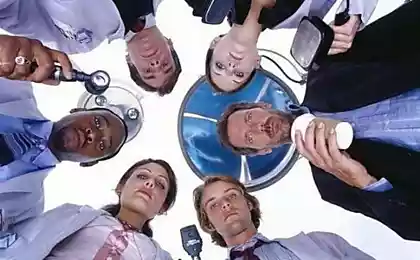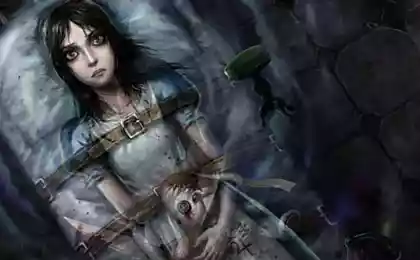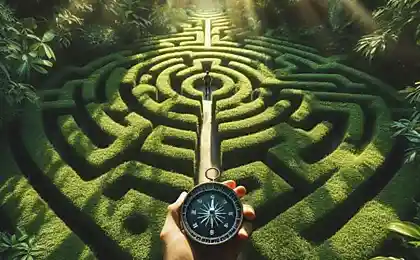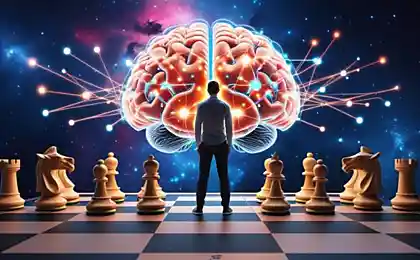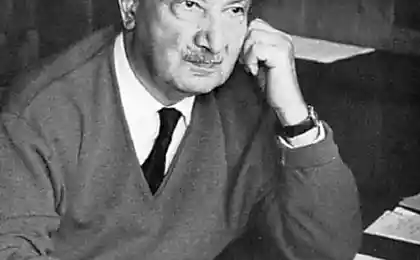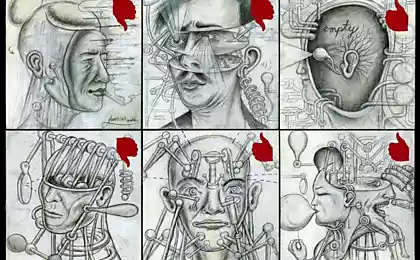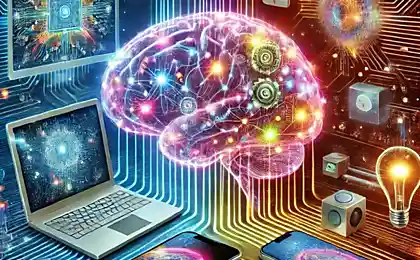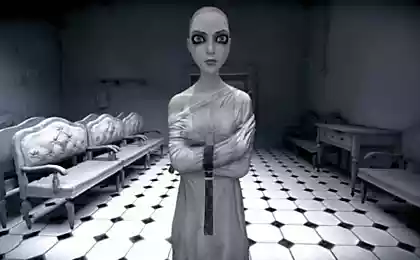514
Syndrome monopati: how humanity has suffered from division of labor

© Aso Mohammadi
Professionals valued always and everywhere, but often, especially needed are narrow specialists, who know their subject. But man by nature politican — his interests are varied and cannot be reduced to one certain area of knowledge. Robert Twigger, the author of the journal Aeon, talks about the human mind and calls for seeking new knowledge. I once traveled the desert in Egypt. I was accompanied by local nomads, and suddenly we have a flat tire. Then my companions took a tape and an old camera and started to pump the air from three tyres to inflate a fourth. They not only was not ashamed of the fact that they don't have a pump, but they also assured me that carry a lot of tools — a sign of human weakness and laziness. A true professional should not be tools. All he needs is the ability to improvise, using only the materials at hand. The more you have knowledge from different fields, the better you get to improvise.
Today in the course of such words as "psychotic", "sociopath." But there is one less known similar word: "monopath". It means narrow-minded, limited human, sort of boring, narrow-profile specialist, the expert, if you will, who's only interested in his own area. In short, this is a favorite role model of the West.
It is believed that monopatia contributes to the development of the business. This partly explains the popularity of this model. At the end of the eighteenth century Adam Smith (which, by the way, was very erudite and well-rounded person and wrote not only about the economy, but also talked about philosophy, astronomy, literature and law) said that the division of labor is the engine of capitalism. We know the famous example of pins: dividing the process of production of pins in surgery and trained in these operations, individual employees, performance increases significantly. However, Smith added, however, that the result of a too strict division of labor can be mental disorder.
The industrial age allowed us to assess both advantages and disadvantages of division of labor. People get boring of small tasks. If the work requires some physical activity, she can still bring a sense of satisfaction. Man finds in it a certain rhythm, a member of a working jet, and flies. So, in the novel Jack Kerouac's "big sur" is the perfect description of Neal Cassady, who works hard, changing car tires. But its not depressing, but rather invigorating.
Monopatia the industrial age would not be so dangerous, if a man was physical labor. But today the average worker a day still spends in front of a screen, performing a monotonous mental work. This narrow bore is called a specialist, an expert. We all try to imitate these professionals, pretending that we are entirely focused on their work and always dreamed to sell mobile phones or coffee machines. But is was not always so?
It turns out, no. In the classic sense a polymath is a person with extensive knowledge in different areas. In the Renaissance of Primate was part of the idea of a perfect man who had to be both scientist and artist, and to be physically developed. Leonardo da Vinci was proud of his ability to bend iron bars approximately the same extent as the Mona Lisa.
Of course, it's hard to compare yourself to da Vinci, Goethe and Benjamin Franklin and also to consider myself a polymath. We all can't be geniuses. However, all people have a tendency to polymathy, it's part of our human nature. And here we are faced with a huge cognitive dissonance in Western culture: with an absolute misunderstanding of how new discoveries are made, new ideas were born new art.
"Francis Crick, who guessed the structure of DNA, was trained as a physicist. He argued that this knowledge helped him with confidence to undertake the tasks that, according to biologists, was insoluble"
For example, science is considered to be clean, logical, rational area, devoid of any emotion. Meanwhile, it is quite random and unsystematic, it is driven by money and ego, depending on intuition for quality practitioners. In addition, science polination. New ideas are often born at the crossing of independent regions. Francis Crick, who guessed the structure of DNA, was trained as a physicist. He argued that this knowledge helped him with confidence to undertake the tasks that, according to biologists, was insoluble. Richard Feynman, the Creator of quantum electrodynamics, Nobel prize winner, made his findings thanks to the original hobby — rotation plates on your finger. Similar examples can be quoted from the history of art. Cubism combines primitivism of African sculpture and popular at the time in Europe abstract style of painting. An example of politicsnot in the business are mobile phones, which today combine the functions of a computer, camera and GPS. Inventions are born out of our knowledge about the surrounding world and the wider horizons, the greater the potential for new discoveries. Surprisingly only, how could we not notice these benefits politichnogo approach. In my opinion, the reason lies in the misconceptions about learning. We believe that to learn something can only be in his youth, and certain skills can absorb only those to whom it is given by nature.
Of course, the assumption that to learn is easier in youth, it makes sense. At the very least, a neuroscience gives it a scientific justification. However, it is absolutely wrong to say that learning is impossible after school, University or after 30. It turns out that much depends on the basal ganglia, located in the front brain. Among other functions, this part of the brain responsible for the production of acetylcholine, a neurotransmitter that establish new connections between brain cells. This is determined by our ability to assimilate new information and remember it. When the basal ganglia is active, produces acetylcholine, and form new connections. When it is "off", the number of new connections is significantly reduced.
To 10 years the basal ganglia in humans all the time active. Acetylcholine is produced in excess, respectively, are constantly forming new connections. This means that the learning process the child is almost continuously if he sees something or hears, he remembers. In adolescence the brain becomes more selective. A study of patients recovering from stroke, showed that basal - "switched on" only if one of three conditions, a new situation, a state of shock and concentration, which is achieved through repetition or constant application of skill.
From his own experience training in martial arts can tell you that intense workout, give more than periodic application of skills. During the year I worked for an hour a day, three times a week, and barely saw results. The next year I tried an intensive course for 5 hours a day 5 times a week. Progress was evident. In the end, I got a black belt and instructor certificate. Deep down I never really believed that I would be able to master a martial art. I thought that either the person is given by nature or not. Then I saw how talented athletes are lost when they are insufficiently trained. To my shame, I must admit that this gave me a huge moral boost.
This experience helped me to understand the secret of the teaching. I had no special talents, but achieved success because he was practicing. I'm sure to learn a new skill and everyone can, and at any age. Provided, however, that the learning process will go constantly. Even 90-year-old people retain the ability to learn if you aspire to new knowledge. If we cease to stimulate the basal ganglia, it begins to dry. If it was "off" for too long, it stops producing acetylcholine. This phenomenon is observed in the elderly and may be one of the causes of Alzheimer's disease and other forms of dementia.
A number of studies show that the Humanities, namely the study of art (dance, music, and drama) enhances the ability to assimilate new material. Art motivates much better than other subjects, allowing students to discover in themselves the ability to concentrate and improve. Even if they later quit art, they can apply their discovered abilities for the development of new novkov. It is the belief that you can learn something new, opens the way to politicheskoy activities.
I think it's time to study polymatic to resist the shift toward monopatia in the modern world. Polymedica should include the science, art and physical culture. I don't want to say that sport somehow helps the learning process, but, if we exclude the physical component of our lives and confine ourselves to reading books, our human nature will lose a lot. Polymedica could focus on a study of quick methods of teaching, helping to develop numerous areas of expertise. It could also deal with the development of transmitted learning methods. Most of it, of course, must be associated with the creative process, namely the connection of things independent for the sake of new discoveries and inventions. I'm sure it would make more correct conclusions in all areas. It is also true that the more you primatice, the better you have a sense of harmony and balance, which adds you a sense of humor. And it certainly never hurts.
Source: theoryandpractice.ru
